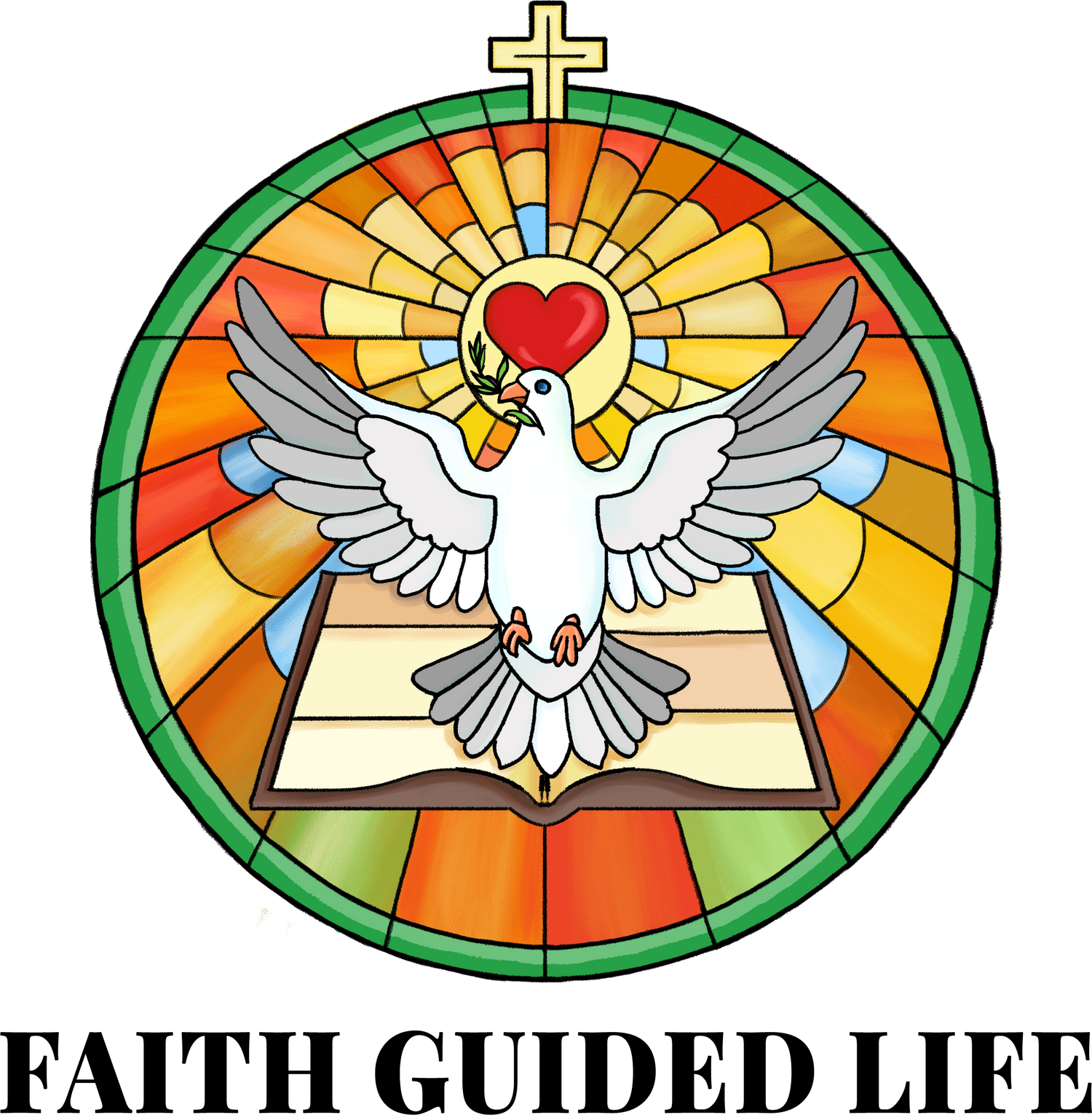
Is Christianity a religion, a philosophy, a moral code, or a relationship with God? Many people still wonder about this question today.
Before me lies a Bible. If you ask why I can see this Bible, I would answer: because I have eyes. "Because I have eyes" is a reason everyone would accept. The answer is not wrong, but it's not completely right either. To see the Bible, I need eyes, but I also need light, space, and nothing blocking my view. So many conditions are necessary for me to see the Bible! These conditions work together to help me perceive an object. When you ask me if Christianity is a philosophy, a religion, or something else, I would answer: "These labels don't matter much, because Christianity is not just a philosophy, or just a religion, or just a moral code..."
Christianity is not merely a theology, although it addresses theological questions. Theology is just one aspect of Christianity, and beyond this aspect, Christianity has many other dimensions. Is Christianity a philosophy? Yes. Is it a mystical experience? Yes. Is it a moral code? Yes. Christianity is all of these; everything is contained within Christianity. But if you deeply study just one aspect and claim that Christianity is only theology, or only a moral system, or only a religion, then you're looking at Christianity in a fragmented way.
The parable of the blind men and the elephant helps us understand this issue better. The man who touches the leg says the elephant is like a pillar. The man who touches the tail says the elephant is like a broom. But in reality, the elephant is not like a pillar, even though it has four legs resembling pillars, nor is it like a broom, even though its tail resembles a broom. Similarly, someone who focuses on the philosophical aspect will call Christianity a philosophy, someone who focuses on the religious aspect will call it a religion...
In reality, Christianity is not just philosophy or religion or morality. Christianity encompasses all philosophy, morality, religion, and mysticism. As Paul wrote in Colossians 2:3, speaking of Christ, "in whom are hidden all the treasures of wisdom and knowledge."
Some might say that Christianity, though not just a philosophy or moral code, can be called a religion because it has all the characteristics of a religion. But many people—especially in the Western world—see that Christianity is fundamentally about a relationship with Jesus Christ rather than religious rituals, and therefore argue that Christianity is not a religion but a relationship. They ask, "If Christianity is a religion, what evidence is there that it's a revealed truth? What divine principle forms the foundation for establishing this religion?"
This question is frequently raised in Western academic circles. But in reality, it doesn't matter much. Whether we call Christianity a religion or a relationship, Christianity remains Christianity; it doesn't change at all because of our labels. The word "religion" is relatively new. In the ancient biblical texts, we don't find any word with an equivalent meaning to our modern concept of "religion."
Those who raise such questions believe that "Religion must involve revelation, must have divine elements." This definition seems too limiting. If we open a dictionary, we might find "Religion = the connection between people and a personal deity." But not everyone accepts this definition. If we ask a philosopher, a theologian, a mystic... we'll find that each person defines religion differently according to their thinking and understanding. And among these definitions, there will be some that don't require religion to be a revelation, to worship a God, or to have a sacred element.
John Stuart Mill said: "The essence of religion is the strong and zealous direction of emotions and desires toward an ideal object recognized as of the highest excellence."
Voltaire considered religion "an absurdity established to make the majority submit."
A Soviet dictionary, following Voltaire's concept, stated that "Religion is belief in deities, a belief not based on any scientific foundation." Auguste Comte said: "Religion is the worship of humanity." Whitehead said: "Religion is the activity of the individual in solitary silence. If you don't engage in activity in silent solitude, you are not a religious person."
And Aldous Huxley said: "Religion is a system of education by means of which human beings can discipline themselves."
So there is no single definitive formula. Each definition has its own logic. We have the right to accept or reject someone else's definition, according to our understanding. If you want to use Voltaire's definition or that of the Soviet dictionary, that's your choice, but others like me cannot accept that definition. Just don't force everyone to accept your definition as correct and consider all other definitions wrong.
The idea of divine revelation is a very old one. Not only were ancient texts considered divine revelations, but ancient medical sciences were also considered revelations. Even today, many people still believe that certain knowledge comes directly from divine beings. The idea of divine revelation, therefore, is a very ancient concept. But what does it matter whether something is "revealed" or not? If a religion that I cannot understand and practice, if that religion has no influence and consequences for me, then whether it has divine revelation or not, it is meaningless to me.
Conversely, if a "religion" without divine revelation can be understood by me, practiced by me, can bring me many good influences and good consequences, then I will still worship and serve it as usual.
So we don't need to worry about whether there is divine revelation or not, whether Christianity is a religion or not a religion. We must go beyond those kinds of definitions to understand what Christianity truly is. We can call Christianity a philosophy, a religion, if we want, but that doesn't change Christianity. Christianity is Christianity, or more clearly, Christianity is the teachings of Christ and the relationship He offers us.
As Jesus himself said in John 14:6, "I am the way, and the truth, and the life. No one comes to the Father except through me." This statement transcends our human categories and definitions. It's not about religion versus relationship, but about the living truth that transforms lives.




